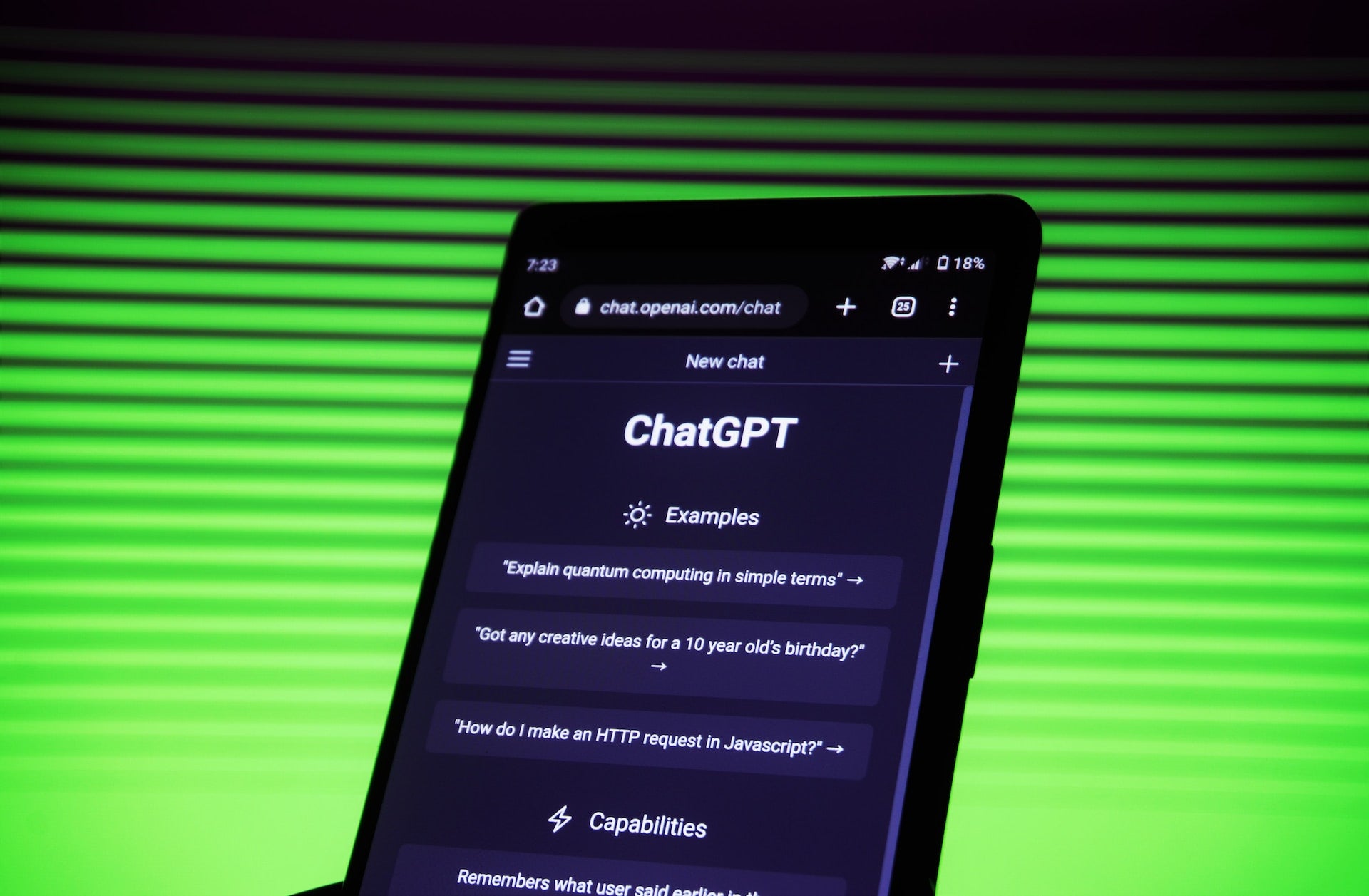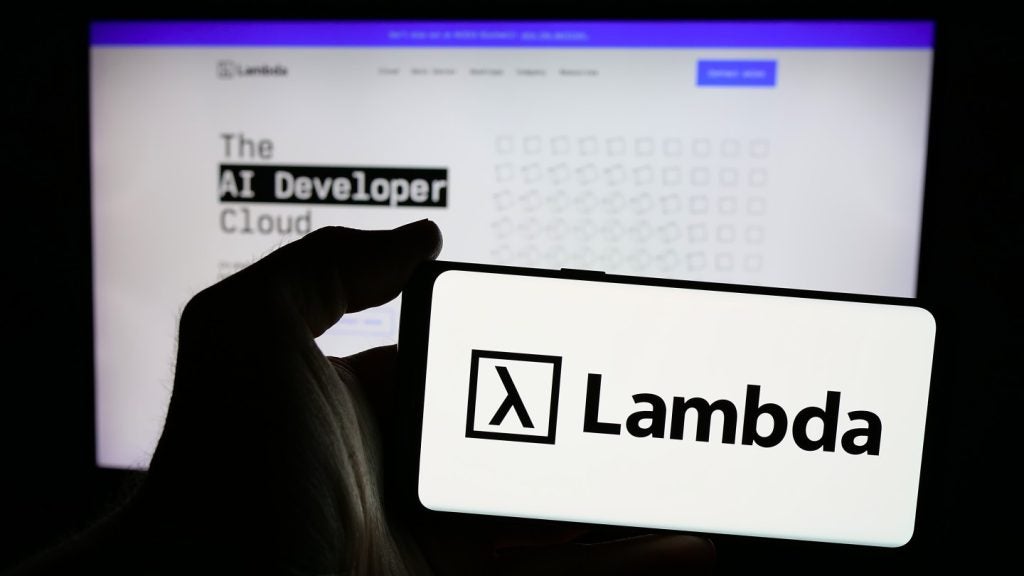
Other European Union (EU) countries could join Italy in tightening their grip on AI-powered chatbots, after Italy imposed a temporary ban on OpenAI’s ChatGPT, reported Reuters.
Speaking to the Handelsblatt newspaper, German commissioner for data protection Ulrich Kelber said Germany could also block ChatGPT due to data privacy concerns.
“In principle, such action is also possible in Germany,” Kelber was quoted by the news agency as saying.
Besides Germany, privacy watchdogs in France and Ireland have reached out to their counterparts in Italy to learn more about the basis behind the ban.
“We are following up with the Italian regulator,” a spokesperson for the Irish data protection commissioner was quoted by the news agency as saying. “We will coordinate with all EU data protection authorities in relation to this matter.”
While the Swedish regulator said it has no intentions to outlaw the AI chatbot, the Spanish regulator said it has not received any complaints regarding the ChatGPT but is willing to look into the matter further.
The development comes amid heightened concerns and calls for the regulation of generative AI platforms like ChatGPT.
Some regulators in the EU believe that existing legislation, such as the General Data Protection Regulation (GDPR), can apply to the fast-developing class of generative AI enterprises.
Launched in November 2022, ChatGPT produces human-like responses to prompts by analysing vast amounts of data, some of which may be owned by online users.
Announcing the ban, the Italian data regulator said OpenAI has “no legal basis” to collect and process “personal data to ‘train’ the algorithms.”
The regulator also alleged that Microsoft-backed OpenAI does not have adequate measures in place to verify a users’ age.







